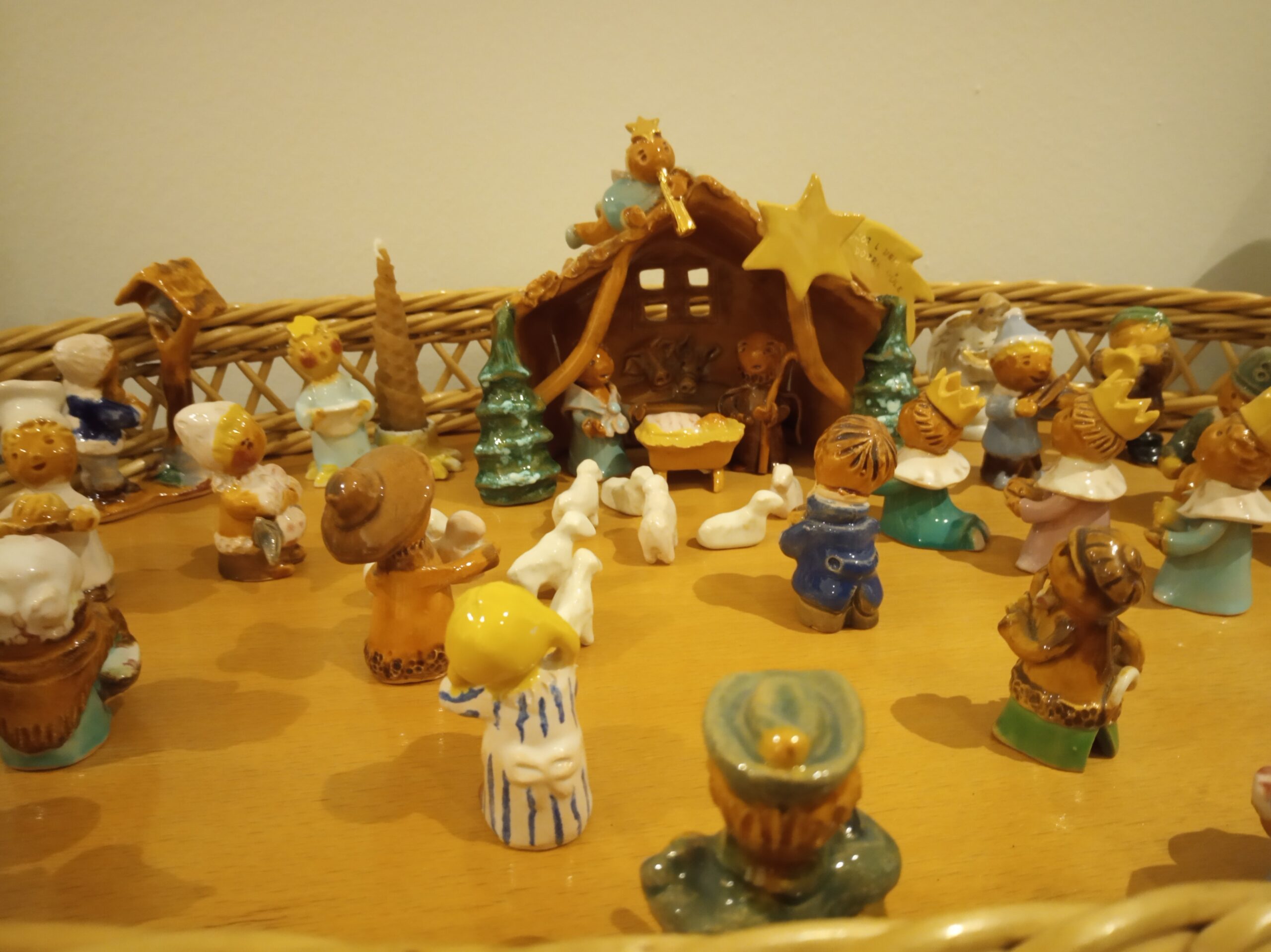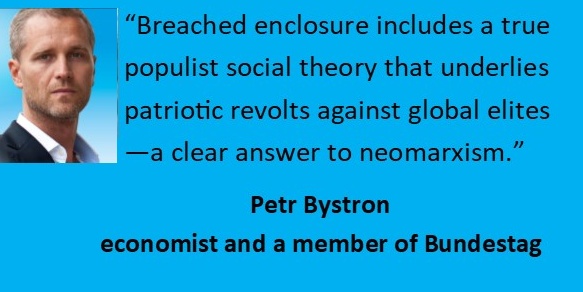
Can you imagine this Christmas scene in any official place in the Western world? Then you might be surprised to know that this is the product of a state-owned enterprise in socialist Czechoslovakia sometime around 1980. It shows the ambivalent relationship of the communists of that time to the Christian tradition. They firmly rejected any power ambitions of the Catholic Church, despised “religious prejudice”, but at the same time respected the customs and traditions of ordinary working people.
They firmly rejected any power ambitions of the Catholic Church, despised “religious prejudice”, but at the same time respected the customs and traditions of ordinary working people.
To understand this paradox, it is necessary to understand that the regimes that were overthrown in 1989 were not Marxist any more. They certainly had nothing in common with today’s anti-civilization left, which occupies the universities and is gradually taking over all life in Western countries. In the 1980s, the Soviet bloc consisted of authoritarian nationalist regimes. Support for the traditional family, support for traditional male and female roles, crackdown on homosexuals and paedophiles, support for national pride, workers’ houses in the suburbs – these were the Soviet regimes of the 1970s and 1980s.
And also state ownership of all businesses and very little social disparity. The factory director had twice the workers’ salary. A miner earned more than a university teacher (but also more than a communist official). And extensive social programs, including allocation of state housing, state recreation, free health care (lousy) and free education (great). Plenty of food, but an absolute lack of attractive consumer goods, such as American jeans and Japanese electronics. Travel bans to certain countries. Relatively strict censorship – political and moral.
…crackdown on homosexuals and paedophiles, support for national pride, workers’ houses in the suburbs – these were the Soviet regimes of the 1970s and 1980s.
How did they get there from their initial fanatical Marxism? Simply by having communist officials live with normal people. They met on the street, drank beer in the same pubs and their children went to the same schools. So they gradually worked their way up – from radical Marxism to nationalist regimes. So why did they fall? First, because they were immobile, corrupt and incompetent. And second, because the people who rose up against them mostly wanted only minor reforms. They had no idea what would follow. Today, most people whose age allows them to compare say that they lived better before 1989 than they do today.


